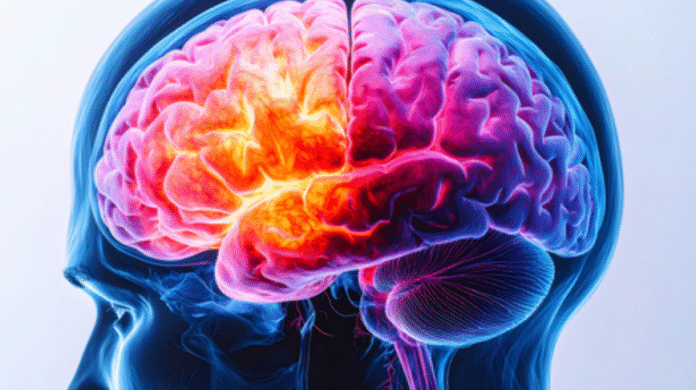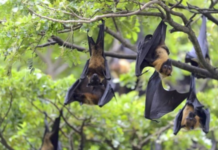NEW DELHI– Climate change, rising water temperatures, and urban water stagnation are driving a spike in cases of amoebic meningoencephalitis — a rare but often fatal brain infection — in Kerala, health experts said Tuesday.
The disease is caused by Naegleria fowleri, a free-living amoeba found in freshwater lakes, rivers, and other untreated water sources. It enters the human body through the nose and attacks the central nervous system, leading to what is often referred to as “brain-eating amoeba” infection. Kerala has reported 41 cases so far this year, with 18 patients currently under treatment.
“Unlike common infections such as typhoid and hepatitis A, which occur when infected individuals spread bacteria or viruses through water, primary amoebic meningoencephalitis (PAM) is caused by certain amoebae that naturally live in our environment,” Dr. Rajeev Jayadevan, Chairman of the Scientific Committee, IMA Cochin, told IANS.
Dr. Anshu Rohatgi, Vice Chairperson of Neurology at a leading city hospital, added: “The increase in cases could be attributed to swimming in untreated and fresh water, and a change in climate, higher water temperatures, urban water stagnation, which provide a more favorable condition for the organism to travel.”
Experts explained that while many species of free-living amoebae exist, only a handful can cause brain infection. They thrive in moist soil, stagnant water, biofilms inside taps and pipes, tanks, rivers, ponds, and swimming pools. Importantly, the infection does not spread by drinking contaminated water or through person-to-person contact.
“The nose is meant for the flow of air, not water. The cavity of the nose is separated from the brain only by a thin piece of bone — through which these amoebae can sometimes traverse. Therefore, the best strategy to prevent this rare infection is to avoid putting water inside the nose, and to minimize water entry into the nose while swimming,” said Jayadevan.
Rohatgi cautioned that improper water use in traditional practices could also pose risks. “An Ayurvedic technique — neti — where the water is not properly treated can also cause the infection,” she said.
Kerala Health Minister Veena George has urged residents to keep water sources clean and announced a mass public awareness campaign to curb the spread of the disease.
Still, experts warned that elimination is impossible. “Removing these amoebae from our environment is neither feasible nor possible. While keeping water clean is important for preventing many infections, it will not eliminate amoebic meningoencephalitis. This is because when threatened, amoebae can transform into a resistant cyst form and re-emerge once threats subside,” Jayadevan noted.
He emphasized the need for vigilance, calling for early recognition of symptoms such as fever, headache, and vomiting to allow timely diagnosis and treatment. (Source: IANS)














